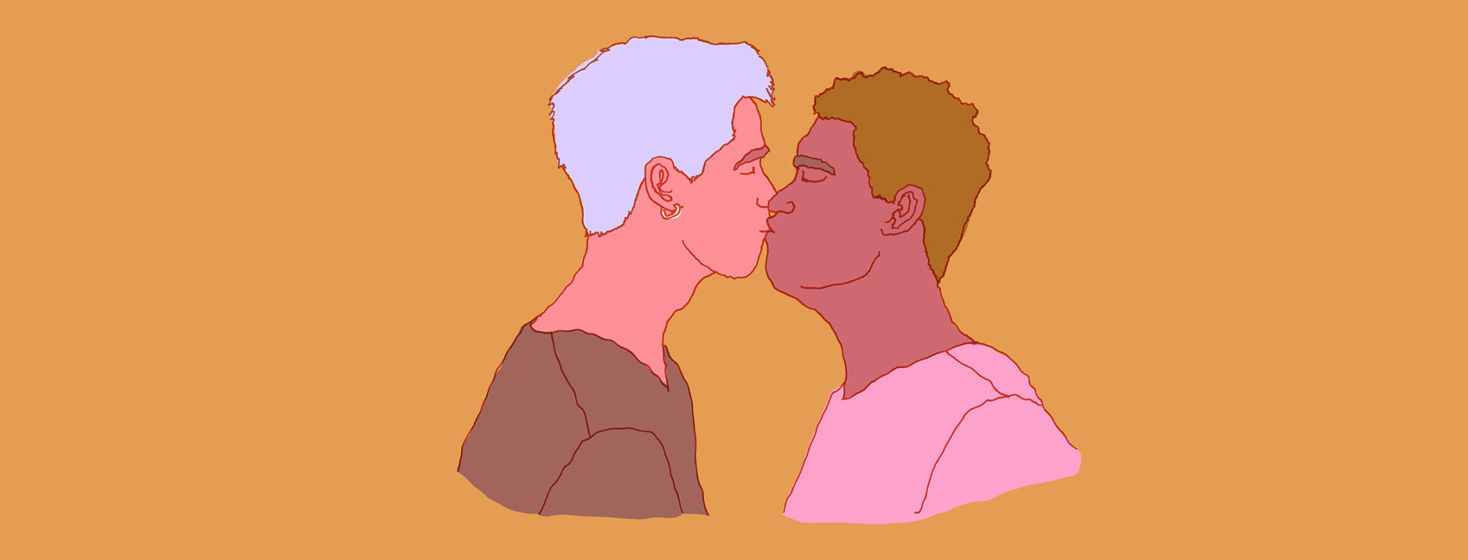Monkeypox and HIV: Frequently Asked Questions
In 2022, the human monkeypox virus spread to countries that normally do not have the disease. Monkeypox is a worldwide public health concern for everyone. It is a virus that is closely monitored by the Centers for Disease Control and Prevention (CDC) and the World Health Organization (WHO).1,2
Much information and stigma are circulating about monkeypox and the HIV community. Know the facts. Keep reading to understand:1,2
- How monkeypox spreads
- Who is at risk
- What you can do to protect yourself
What is monkeypox?
Human monkeypox virus is a rare disease that occurs when a person becomes infected with the monkeypox virus. It was first recorded in humans in 1970 in central and western Africa.3
The monkeypox virus is similar to the virus that causes smallpox. Although similar, monkeypox symptoms are less severe than smallpox symptoms. It is uncommon to die from monkeypox.3
Who is at risk?
Anyone can get monkeypox. People of all ages, genders and sexual orientations are at risk.4
Most of the reported monkeypox cases – though not all – have been among men who identify as gay or bisexual or other men who have sex with men. And according to reports, about 40 percent of cases in the United States have occurred in people with HIV.2,4
How is it transmitted?
Monkeypox is transmitted through close physical contact with the rash, blisters, scabs, or body fluids of someone with the virus. Close physical contact can include:5
- Skin-to-skin contact
- Kissing
- Sex and other intimate contact
- Respiratory droplets
- Touching objects that have virus particles on them, including surfaces and fabrics like clothes, sheets, and towels
Using a condom may not protect you against all exposures to monkeypox. This is because the rash can occur in areas of the body other than the genital area.6
What are the symptoms?
The primary symptoms of monkeypox are a skin rash with fluid-filled blisters. The blisters will go through several stages before scabbing over and healing. They may be painful and itchy. A monkeypox rash can appear anywhere on the body, including:6,7
- On or near the genital area (penis, testicles, vagina, or vulva)
- Chest
- Hands
- Feet
- Mouth
Other symptoms can include:7
- Fatigue
- Fever and chills
- Swollen lymph nodes
- Muscle aches
- Sore throat
- Congestion
- Cough
Monkeypox symptoms vary from person to person. Some people will only have a rash. Others may have a rash in addition to other flu-like symptoms.7
How long do symptoms last?
Symptoms usually appear within 3 weeks after exposure to the virus. You can pass the virus to others as soon as you have symptoms.7
You are no longer contagious once the rash is gone and the blisters have healed. This takes about 2 to 4 weeks.7
Are people with HIV at a greater risk of more serious illness with monkeypox?
There is no evidence that people with HIV who get proper HIV treatment get sicker if they get monkeypox. According to the WHO, people living with HIV who are on antiretroviral therapy do not have more serious cases of monkeypox.1,8
But, people with advanced HIV who are not actively treated for their HIV may have a more severe monkeypox illness. Monkeypox may also last longer in those with uncontrolled HIV.1,8
How is monkeypox treated?
While there is no specific drug for treating monkeypox, certain antiviral drugs may be helpful. One such drug is called tecovirimat (TPOXX®).1,2
If you do have symptoms of monkeypox, contact your doctor. Your doctor can:8
- Assess your immune health
- Figure out how severe your case is
- Determine the best treatment
Can monkeypox be prevented?
Monkeypox can be prevented by getting vaccinated. The US Food and Drug Administration (FDA) has approved a vaccine called JYNNEOS® for this purpose. JYNNEOS is available to people at least 18 years old who are at an increased risk of exposure to the monkeypox virus.9,10
The monkeypox vaccine is recommended if you:1,9
- Have confirmed that you have been exposed to someone with monkeypox
- Think you may have been exposed to someone with monkeypox
- Have had multiple sexual partners in the last 2 weeks and live in an area with many monkeypox cases
If you are exposed to monkeypox, getting the vaccine soon after exposure can help decrease the severity of symptoms.9
Is it safe for people with HIV to get vaccinated against monkeypox?
Yes, it is safe for people with HIV to get vaccinated with the JYNNEOS vaccine. If you have concerns or questions, talk with your doctor.1,2,9,10
Will the monkeypox vaccine interact with HIV medicines?
The monkeypox vaccine should not make HIV medicines any less effective. In addition, the vaccine does not affect HIV pre-exposure prophylaxis (PrEP) treatment either.1,2
Before getting vaccinated, tell your doctor about any medicines you currently take.1
Ways to protect yourself
Protecting against monkeypox should be on everyone’s radar since anyone can get the virus. Here are steps to protect yourself:1,6
- Be aware of the monkeypox activity level in your city/town
- Avoid touching rashes, blisters, or scabs of someone who has monkeypox
- Avoid close physical contact with anyone who has monkeypox (this includes kissing and any skin-to-skin contact)
- Avoid contact with objects, surfaces, and fabrics that have been used by someone with monkeypox
- Limit your number of sexual partners
- Reduce close, intimate contact until after you have been fully vaccinated
Contact your doctor immediately if you have been exposed to the monkeypox virus. For updated information on monkeypox, visit HIV.gov or CDC.gov.

Join the conversation